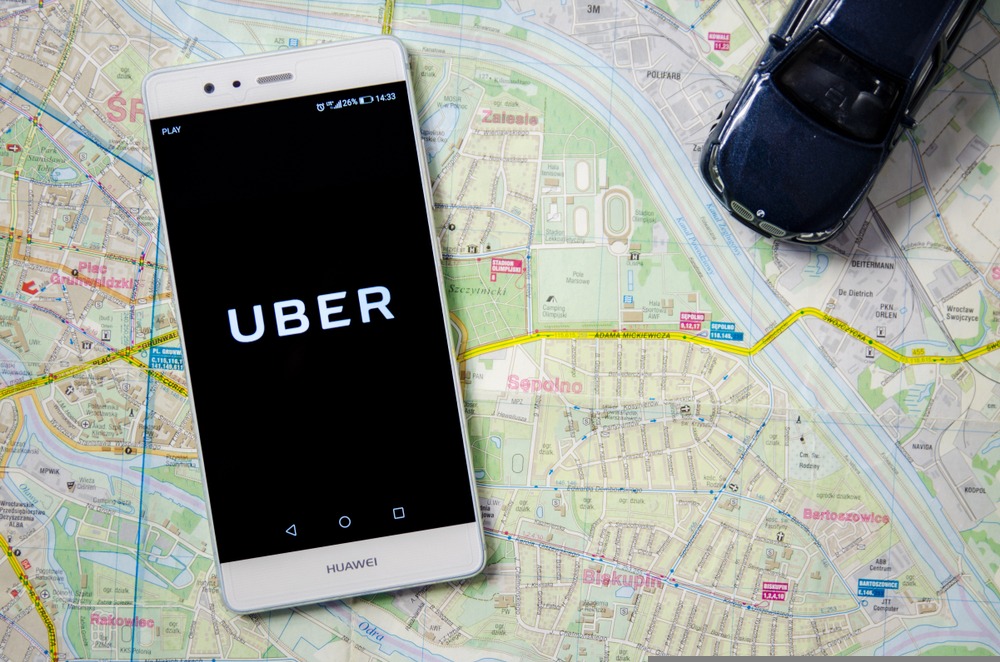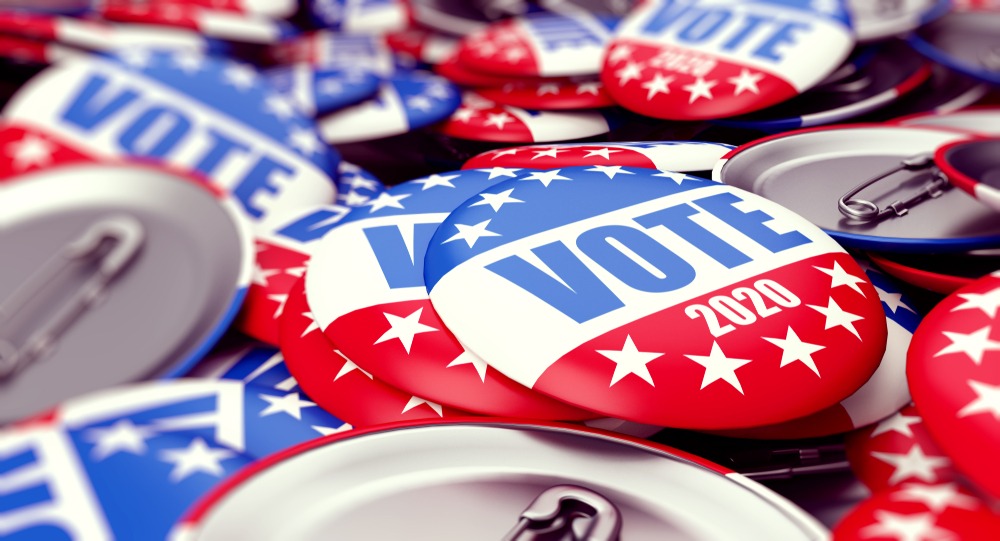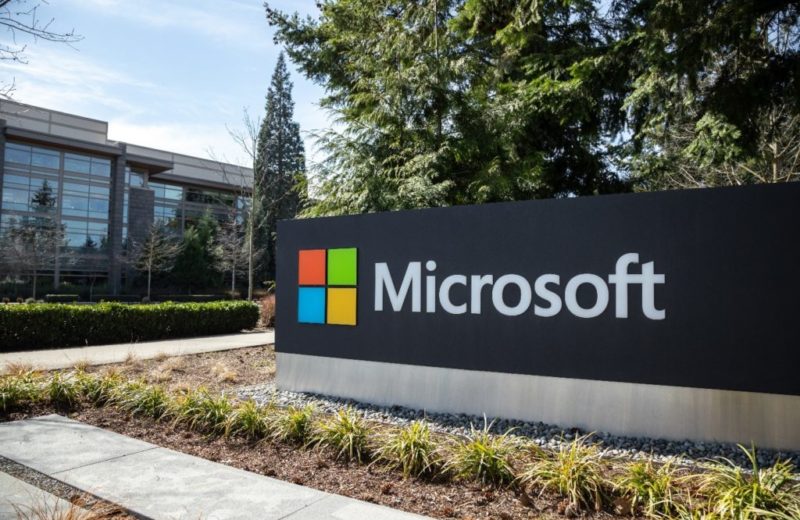Uber spokesman said that California voters agreed that instead of eliminating independent work, they should make it better. He said it after two hundred million dollars campaign to preserve gig companies’ business models in the face of a court fight.
On Tuesday, California voters exempted food-delivery and ride-hailing drives from the labor laws of the state. Thus, California voters are handing Uber Technologies Inc. and other companies a win in the fight for the gig-economy business model.
Davis White is an Uber spokesman. He told Market Watch that today, voters of California agreed not to eliminate independent work. Nevertheless, they decided to make it better.
California voters voted fifty-eight percent in Favor of Proposition 22. That proposition will allow drives to be independent contractors instead of employees, with more than two-thirds of precincts partially reporting on Tuesday night. The Associated Press projected that it would pass a few minutes before midnight Pacific time. In the history of the state, the campaign has been the most expensive whit two hundred and five million dollars in contributions just to the ‘Yes on 22’ side. It was led by $48.9 million from Lyft Inc. and $58.3 million from Uber.
The Yes on 22 campaign made a statement. It said that Proposition 22 is representing a future of work in an increasingly technologically driven economy.
Uber and Others
The initiative liberates gig companies from having to live up to Assembly Bill 5. Assembly Bill 5 is a California law that went into effect in January. It established a new standard for what workers are employees that were set by a 2018 state Supreme Court ruling. Providing gig workers in California with an earnings guarantee for the first time, Proposition 22 makes some concessions. Furthermore, it includes health care subsidies and some disability coverage that is dependent on the number of hours they work.
Critics of the measure point out that the earnings guarantee of a hundred and twenty percent of the minimum wage applies only to engaged time. Thus, it would not count when workers wait for an order or a fare. Proposition 22 guarantees estimates of hourly wages and those guarantees range widely. Under the initiative, the Labor Center at UC Berkeley expects workers to earn as little as $5.64 per hour. It is less than half of the minimum wage of California of thirteen dollars per hour. Nevertheless, Lyft and Uber commissioned a study. UC Riverside School of Business Center for Economic Forecasting and Development made the study, and it estimated earnings of twenty-five to twenty-seven dollars per hour.















